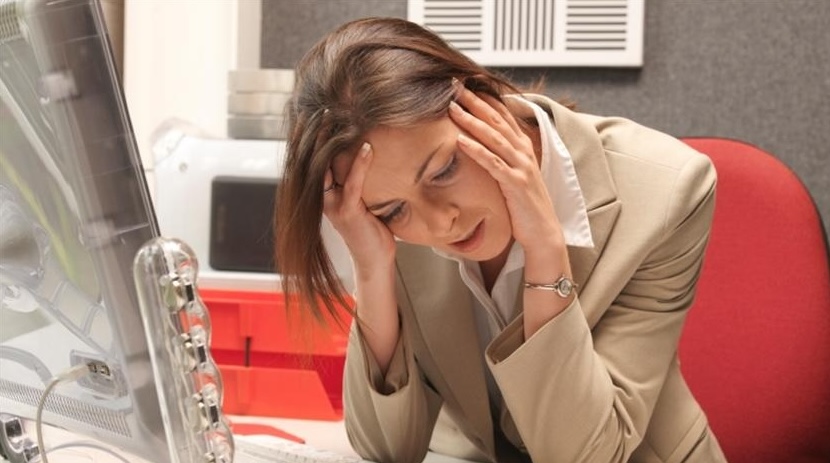Are you experiencing increased worry, restlessness, or even panic attacks as you approach or go through menopause? You’re not alone. Many women report heightened anxiety during this transitional phase of life. In this comprehensive guide, we’ll explore the connection between menopause and anxiety, helping you understand why it happens and what you can do about it.
Understanding the Menopause-Anxiety Connection
Why Does Menopause Affect Anxiety Levels?
Menopause brings significant hormonal changes that can impact your mental health:
- Estrogen Fluctuations:
- Affects neurotransmitters like serotonin, which regulate mood
- Can lead to mood swings and increased anxiety
- Progesterone Decline:
- May reduce the brain’s GABA function, which helps calm anxiety
- Cortisol Changes:
- Stress hormone levels can become dysregulated
- May contribute to increased anxiety and panic attacks
Other Factors Contributing to Menopausal Anxiety
- Life Changes: Career shifts, empty nest syndrome, caring for aging parents
- Body Image Concerns: Weight gain, skin changes, feeling less attractive
- Sleep Disturbances: Night sweats and insomnia can exacerbate anxiety
- Health Worries: Increased focus on aging and potential health issues
- Relationship Changes: Shifts in libido or relationship dynamics
Recognizing Anxiety Symptoms During Menopause
Anxiety can manifest in various ways during menopause:
- Excessive Worry: Constant, intrusive thoughts about health, family, or the future
- Restlessness: Feeling on edge or unable to relax
- Physical Symptoms: Heart palpitations, sweating, trembling, or nausea
- Panic Attacks: Sudden, intense episodes of fear with physical symptoms
- Sleep Problems: Difficulty falling or staying asleep due to racing thoughts
- Concentration Issues: Trouble focusing or mind going blank
- Irritability: Feeling easily annoyed or on edge
The Impact of Menopausal Anxiety on Quality of Life
Untreated anxiety during menopause can have significant effects:
- Reduced Overall Well-being: Impacting daily activities and enjoyment of life
- Relationship Strain: Anxiety can affect interactions with partners, family, and friends
- Work Performance Issues: Concentration problems may impact job performance
- Increased Health Risks: Chronic anxiety can contribute to cardiovascular issues
- Exacerbation of Other Menopause Symptoms: Anxiety can worsen hot flashes and sleep problems
Strategies for Managing Menopause-Related Anxiety
1. Lifestyle Modifications
- Regular Exercise:
- Aim for 30 minutes of moderate activity most days
- Try yoga, walking, or swimming for stress relief
- Balanced Diet:
- Focus on whole foods, fruits, vegetables, and lean proteins
- Limit caffeine and alcohol, which can trigger anxiety
- Prioritize Sleep:
- Establish a consistent sleep routine
- Create a cool, comfortable sleep environment
2. Stress Management Techniques
- Mindfulness and Meditation:
- Practice daily mindfulness to stay present
- Try guided meditations for anxiety relief
- Deep Breathing Exercises:
- Learn techniques like diaphragmatic breathing
- Use breathing apps for guidance
- Progressive Muscle Relaxation:
- Systematically tense and relax muscle groups
- Can help reduce physical tension associated with anxiety
3. Cognitive Behavioral Therapy (CBT)
- Work with a Therapist:
- Learn to identify and challenge anxious thoughts
- Develop coping strategies for anxiety symptoms
- Online CBT Programs:
- Consider digital therapy options for convenience
4. Natural Remedies
- Herbal Supplements:
- Some women find relief with herbs like chamomile or valerian root
- Always consult your healthcare provider before starting any supplements
- Essential Oils:
- Try lavender or bergamot for relaxation
- Use in diffusers or diluted for topical application
5. Hormone Therapy
- Discuss Options with Your Doctor:
- Hormone replacement therapy may help balance mood
- Weigh potential benefits against risks
6. Medication
- Consult a Mental Health Professional:
- Antidepressants or anti-anxiety medications may be recommended
- Always use under medical supervision
7. Social Support
- Connect with Others:
- Join menopause support groups
- Share experiences with friends going through similar changes
- Communicate with Loved Ones:
- Express your feelings to partners and family
- Educate them about menopause and anxiety
When to Seek Professional Help
If anxiety is significantly impacting your daily life, don’t hesitate to seek help:
- Consult Your Healthcare Provider: For a thorough evaluation
- See a Mental Health Specialist: For targeted anxiety treatment
- Consider a Menopause Specialist: For comprehensive menopause care
Conclusion: Embracing Calm During Menopause
While the connection between menopause and anxiety is real, it doesn’t have to define your experience. By understanding the underlying causes and implementing targeted strategies, you can manage anxiety effectively and maintain your mental well-being during this transitional phase.
Remember, every woman’s menopause journey is unique. Be patient with yourself as you explore what works best for you. With the right approach and support, you can navigate menopause-related anxiety and emerge feeling confident, balanced, and empowered.
Here’s to finding your calm amidst the changes of menopause!
